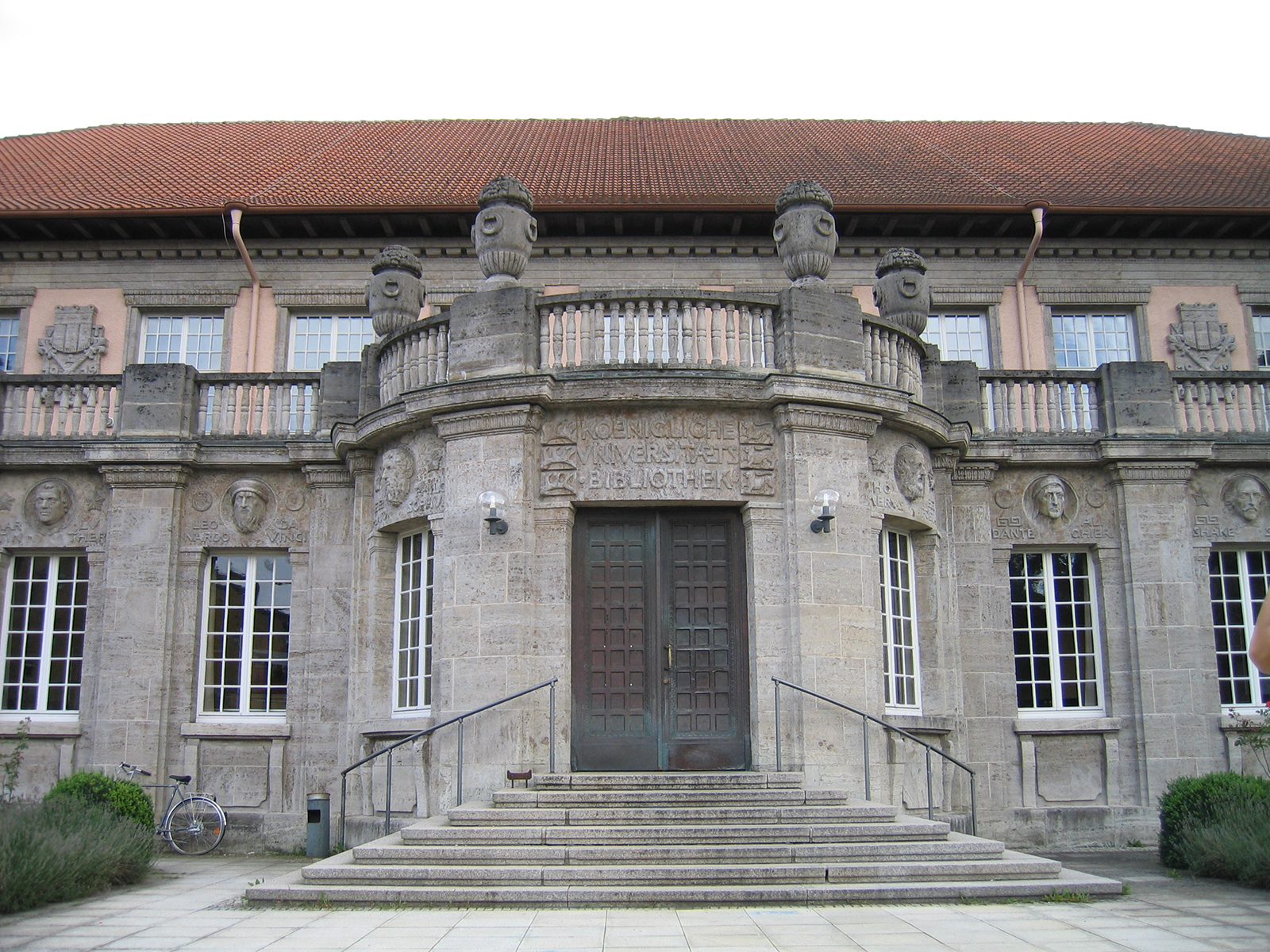
The University of Tübingen was able to successfully complete the crisis year 2022 despite numerous new challenges. “The university has achieved an extraordinary amount in the past year,” said Rector Professor Karla Pollmann at the presentation of the 2022 annual report on Thursday in Tübingen. “But we cannot rest on our laurels. Current developments – both national and international – will place massive demands on the university in the coming years. We will tackle this with combined forces.”
As the annual report shows, the University of Tübingen is still on course for growth in the research area. In the past year, total income increased by 10.7 percent to 770 million euros. The acquisition of third-party research funds grew by 16.1 percent and thus exceeded the 300 million euro mark for the first time. Around half of the third-party funds (around 53 percent) went to the medical faculty.
The most important sponsors were the German Research Foundation with 90.5 million euros and the Federal Government, whose funding increased disproportionately by 53.5 percent last year with 90.4 million euros. The reason for this was, among other things, temporary federal funding for corona research. However, the Tübingen AI Center was also made permanent and now receives 20 million euros in funding from federal funds every year.
The involvement of foundations and private donors also made important investments possible; they supported the university with a total of 54.8 million euros. Thanks to generous funding from the Hector Foundation amounting to 100 million euros, Europe’s first institute building for ELLIS (European Laboratory for Learning and Intelligent Systems) is being built at the Tübingen site. The Werner Siemens Imaging Center at the medical faculty can be further expanded with a grant of 18.4 million euros from the Swiss Werner Siemens Foundation. In July 2022, the university was able to open the Center for Digital Education, which is supported by the Vector Foundation with 1.35 million euros.
After two long years of restrictions caused by the pandemic, students returned to campus in 2022. The total number remained stable at around 28,000 enrolled, although the number of first-year students fell by 7.2 percent. The University of Tübingen experienced a strong influx of international students in particular, whose total number rose to 4,165 enrolled in the winter semester 2022/23 and thus reached a record value.
“This is where the university’s internationalization efforts are bearing fruit,” said Pollmann. However, it is also obvious that demographic change will pose enormous problems for universities in the coming years. “We will have to do even more work in cooperation with the Studierendenwerk and the city in the future in order to offer the best possible conditions for studying in Tübingen.”
In the field of international cooperation, the University of Tübingen can continue to build on a strong network with partner institutions in Europe and worldwide. The university alliance CIVIS, in which eleven research-strong universities have now joined forces, has been in the second funding phase since October 2022, as Pollmann reported. It continues the idea of a European university, including through cross-campus projects and courses. “At the same time, the alliance has also opened up to non-European partners and signed agreements with six African universities.”
Strong pressure from energy prices and inflation
However, international developments in particular are also a source of great concern, explained the rector: “The war against Ukraine had an impact on the university overnight, so to speak.” The number of Ukrainian students at the University of Tübingen has more than increased within a year doubled. The university was able to take on more than 30 researchers who had to flee Ukraine. The effects of the increased costs for energy as a result of the war are massive, as are many other products and services. “In 2022 we managed to keep costs under control – not least thanks to the broad participation of employees and students in an energy saving campaign,” said Pollmann. For 2023, however, there are signs of a cost increase in energy expenditure of ten million euros.
“It should also not be forgotten that additional third-party funds always entail additional costs for personnel, IT and material as well as offices, laboratories and equipment,” said the Rector. “These project costs have not been adequately covered by the so-called overhead funds for many years. Politicians must soon follow the latest recommendations of the Science Council and increase the corresponding additional funds to 40 percent of the respective funding amount.”
Overall, the University of Tübingen started the year 2023 from a very robust starting position. “The university is solidly financed, it has committed students, excellent researchers and a highly professional science support service.” Nevertheless, all members of the university must be aware that the coming years will not be easy. “We can only deal with the consequences of global warming, war and other crises by working together,” says the Rector. “That’s why it remains important to maintain tried-and-tested partnerships and win new partners with whom we can pursue common goals.”



